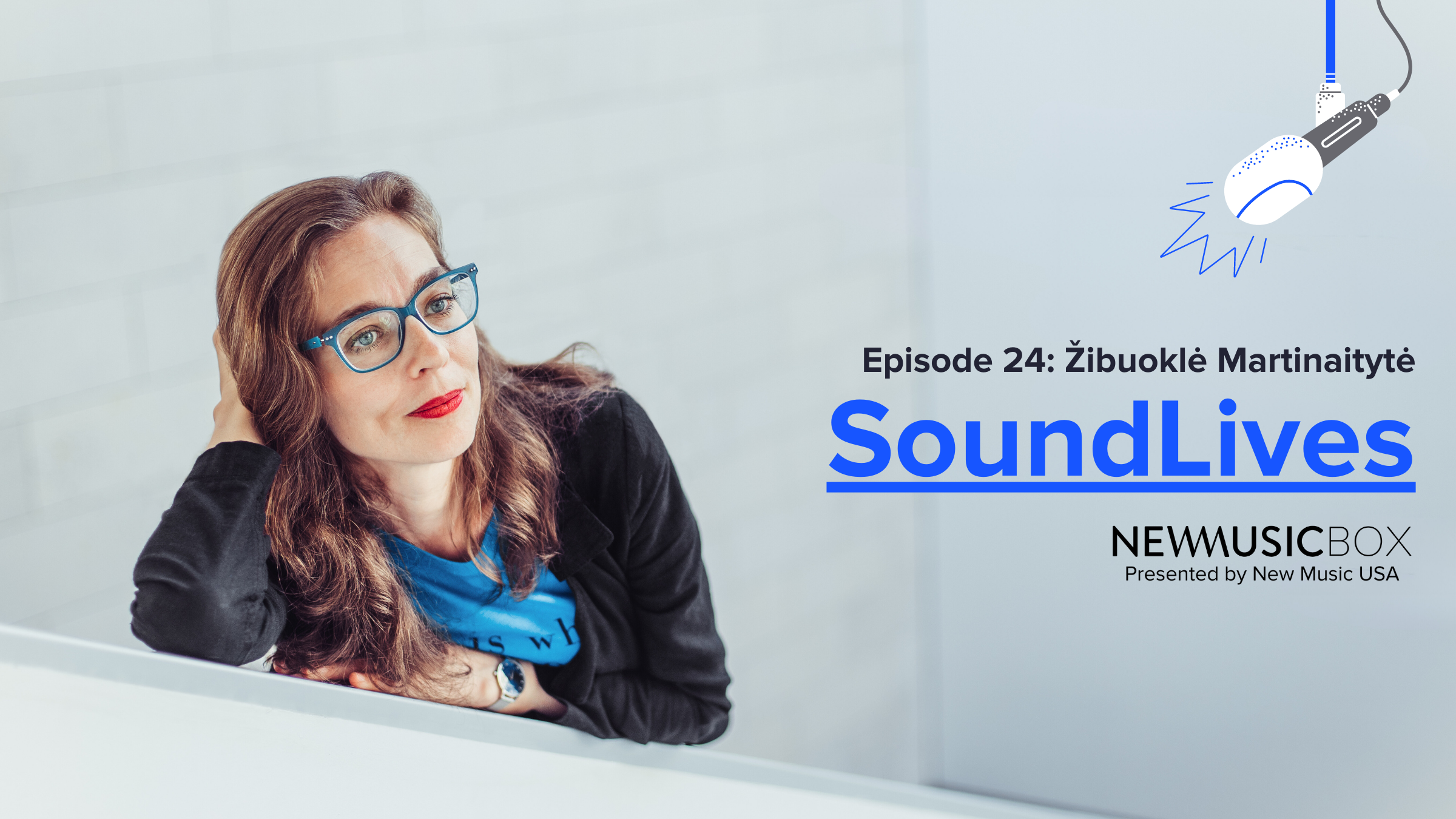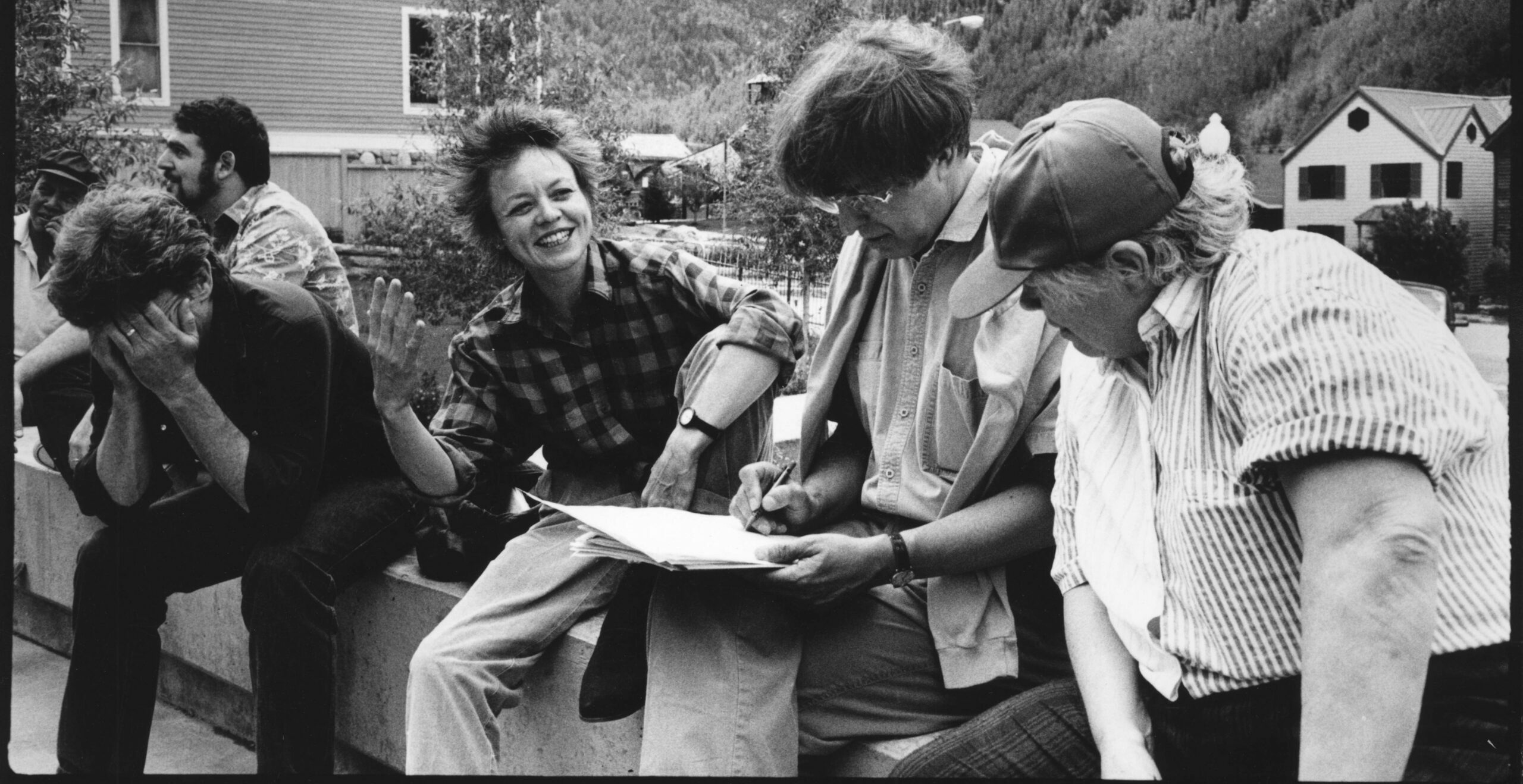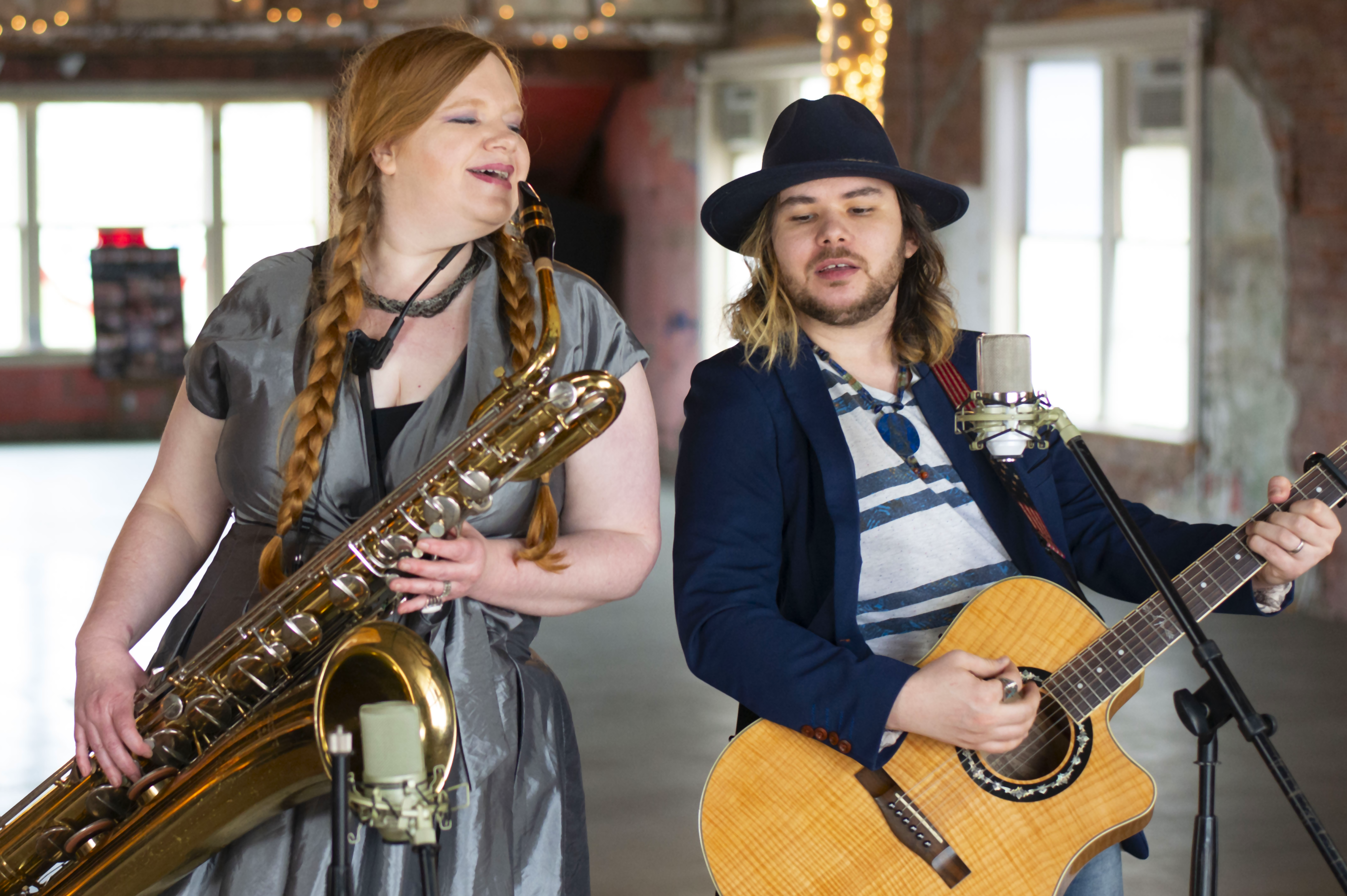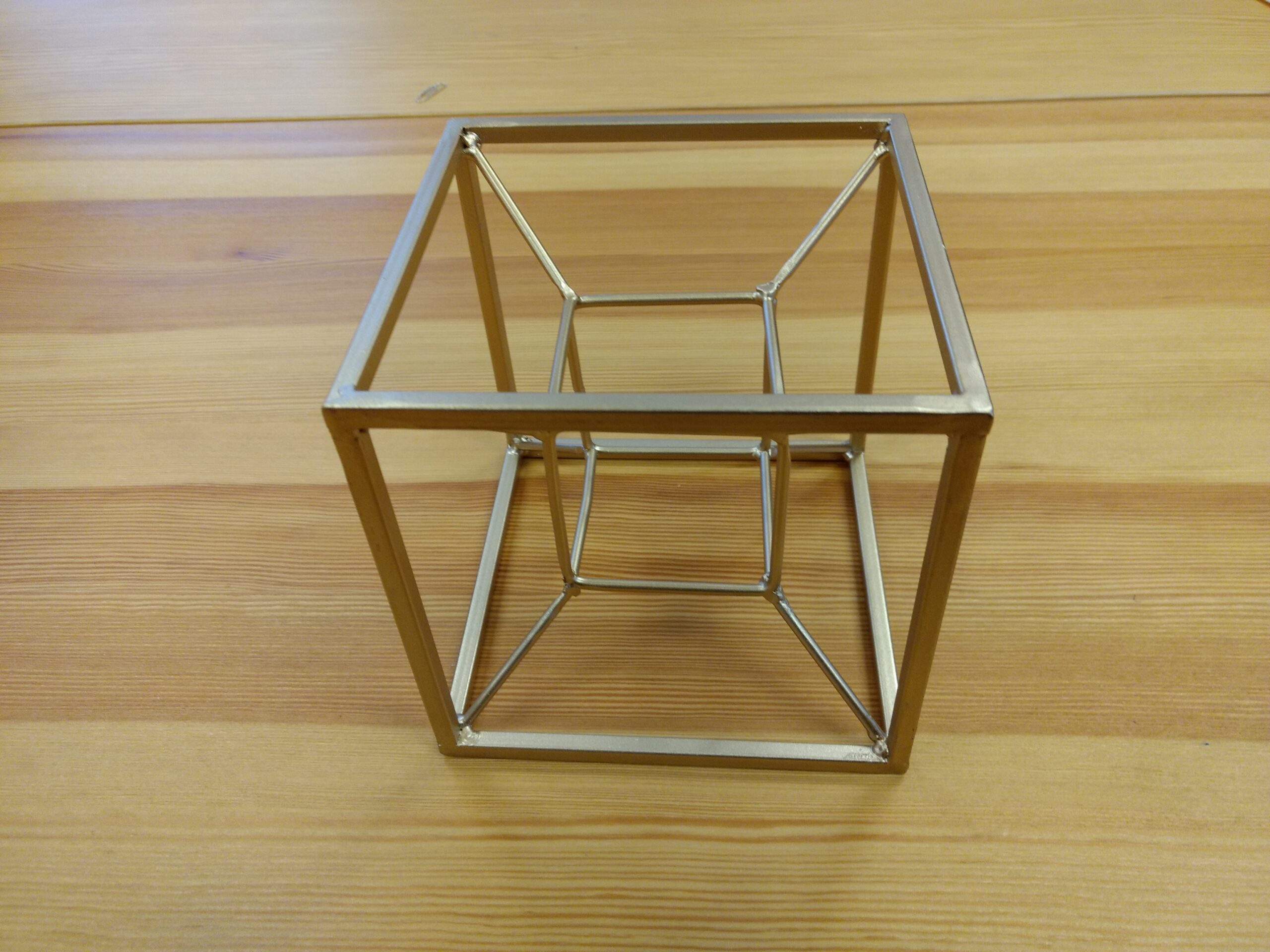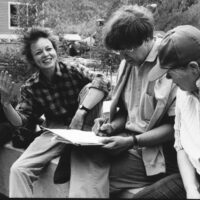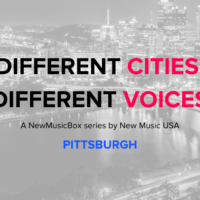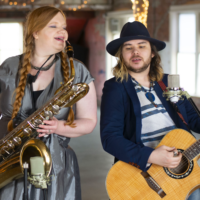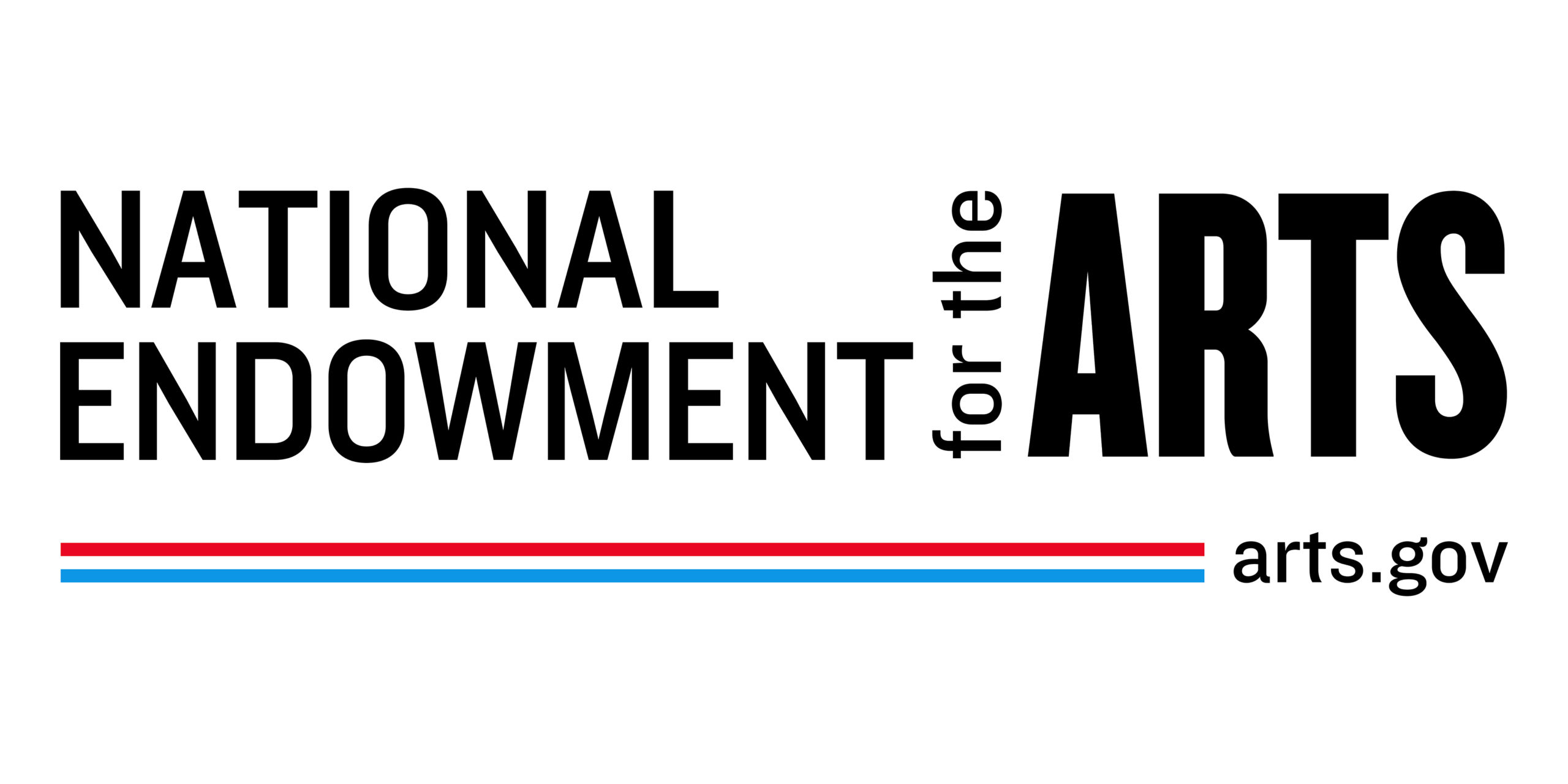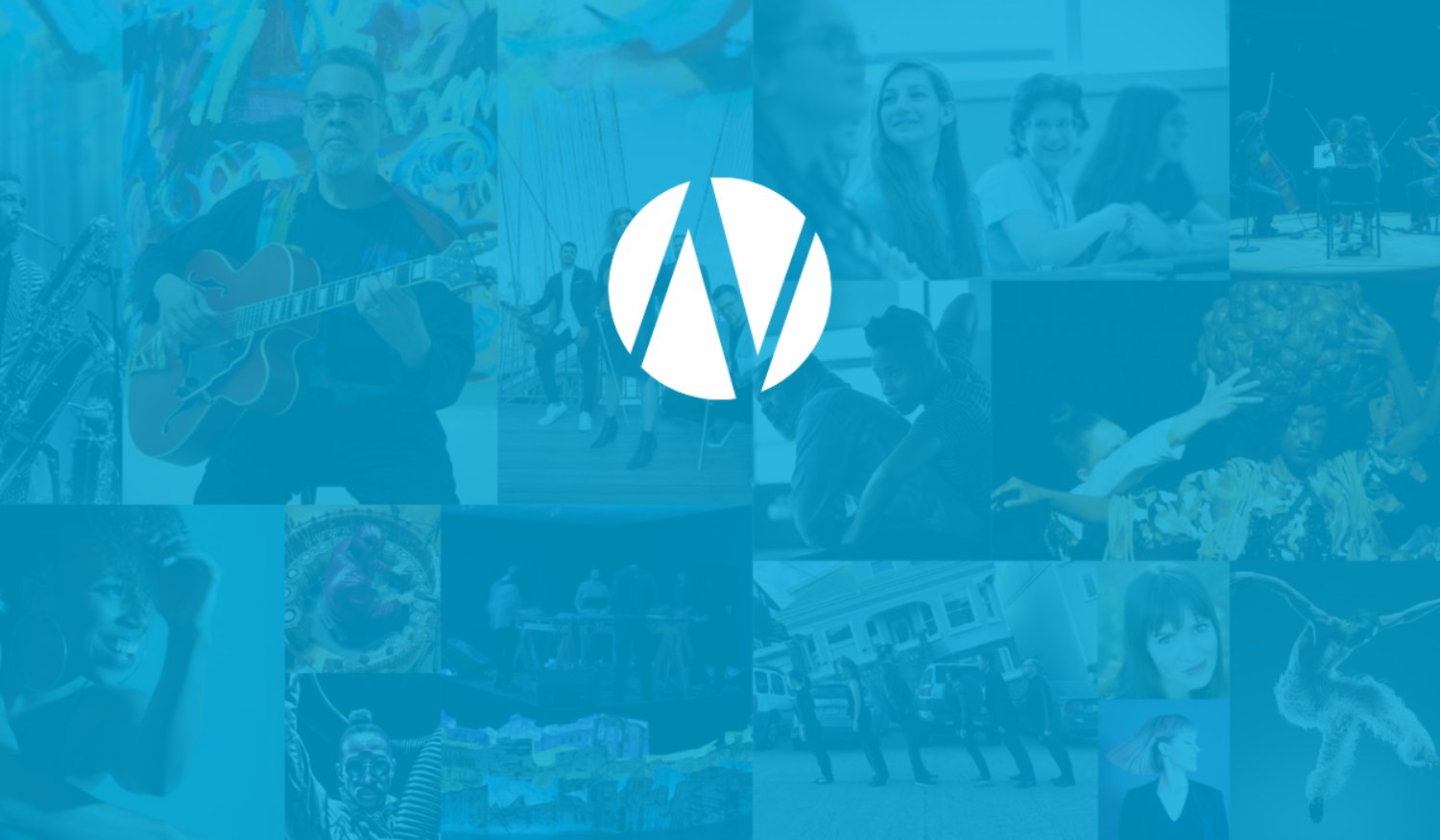
If you haven’t given in to Twitter yet, or just missed the overnight #hashtag sensation that’s rocking the musicologists of Twitter, allow me to catch you up. The annual conference of the American Musicological Society is coming up, and the time has apparently come to lovingly poke fun.

Chunks of time spent alone are crucial for creative people—that is when you can listen to what is going on in your own head. The best ideas tend not to arrive in a blaze of obvious glory, but rather they whisper in your ear, and if you are not paying attention, they are gone faster than you can pull out your smartphone and fire up your Evernote.

Maybe it’s the city’s surplus of heritage, maybe it’s autumnal reminiscence, or maybe it’s just a coincidence, but the start of the season in Boston brought a bumper crop of new music deliberately glancing off older music and/or styles. That’s part and parcel with contemporary music—the past is always present, even if only as something to deliberately ignore—and the new-old juxtaposition is practically orthodox in mainstream classical programming.

So-called developments in musical aesthetics are bound very closely to changes in the field of production. We will imagine, in other words, what we have the means to imagine; we’ll make what we have the means to make.

What are the unique challenges for this new generation of musicians, and are we flexible enough to help current students to overcome these obstacles? Does our curriculum prepare students for life beyond the concert hall, or should we be doing more to develop critical thinking and writing skills? In short, what is the role of a music theory department in the 21st century?

In celebration of its 20th anniversary, the PRISM Quartet issued a call to more than 20 composers, asking them to write short works to mark this milestone. The majority of these micro-compositions last between one and two minutes, each providing a fascinating window into its composer’s unique approach to the ensemble.

It’s not unusual for singers to be involved in selecting choral repertoire. Singers often gain an appreciation of their conductor’s sensibilities and taste and are perfectly poised to suggest work they’ve experienced or created. This can create exciting opportunities for composer outreach.

The more I’ve been thinking about Rzewski’s claim that culture over the past century has regressed, as I wander through cities like Warsaw and Tallinn which have moved into the future by reinventing the past, the more I think it is impossible to think in terms of past, present and future in a linear way.

I’m currently taking part in a three-day conference about community engagement and the arts in Minneapolis, Minnesota, sponsored by Imagining America. Based on both the presenters and audiences so far, it’s interesting to see which art forms are active on this front (theatre, visual arts, poetry, and dance) and which forms are not well represented in the discussion (music, and specifically concert music).

Clare Fischer’s inability to gracefully accept the dilution of his musical vision might be at the heart of his relative obscurity. He writes what he intends to be performed and is exacting in his use of notation. One of the reasons that so few collections of his sheet music are available is because when music editors don’t believe what they see in his manuscripts and begin to “correct” them, Fischer withdraws from the association.

Music can be a force for healing in the face of devastating tragedy. Composers who seek to confront the scars of loss and human suffering face the challenge of expressing qualities that transcend our differences and appeal to our shared humanity. Chicago’s Fulcrum Point New Music Project addresses the need for healing after the painful events of 9/11 by programming an annual concert for peace.

What would it be like to embark on a composition that is released in serialized movements, with the intention of building a structure that might last several hours and take years, if not decades to complete? And with memorable, recurring musical ideas capable of sustaining recognition (and interest) between installments?

It seems reasonable that whether or not “an audience” is being considered during the process of creating music, if a work of music is performed out in the world, chances are it will resonate with someone, somewhere. It’s important be open to that and respect the experiences of those people, even if the specific intention (if there was one) of the music was missed or misconstrued. Given that music affects people in such a pointed, visceral way, you just never know how that is going to manifest.

Most people who play the marimba use four mallets, but Robert Paterson uses six. It makes him laugh when people who see him perform on the instrument this way call him “Edward Mallethands.” Though he admits he’s not the first percussionist to explore this technique, he might have devoted more of his energies to it than anyone else thus far. Using those extra mallets also seems to exemplify his entire approach to making a successful career in new music.

I promise I’m not trying to pick on David Patrick Stearns. “Outwardly,” he writes in his philly.com review of the American premiere of James Dillon’s multi-night extended work, “Nine Rivers would seem to be music that can be fathomed only by an ultra-intelligent few and enjoyed by no one,” just before acknowledging, startled, that such an impression isn’t borne out by the experience of Dillon’s music itself.

Tahiti is the latest recording released by Michael Torke’s Ecstatic Records, the label he founded in 2003 in order to release his new material and to distribute his older recordings. The current trend of self-publishing/recording composers was still a fairly new and rarely implemented concept in 2003, and the number of established composers leaving the safety of traditional models to set out on their own was virtually non-existent.

Francisco Núñez, Dafnis Prieto, and Alisa Weilerstein are among the diverse group of 22 recipients this year. They will each receive $500,000 in no-strings-attached support over the next five years. MacArthur Fellowships come without stipulations or reporting requirements which is intended to offer awardees unprecedented freedom and opportunity to reflect, create, and explore.

Basically any musical composition, or any musical performance for that matter, is a process of isolating specific sonic events from the total possibility of what is audible. It asks listeners to treat certain sounds, the composer’s sounds, in a different way than everything else that is going on in the auditory spectrum—to listen more attentively to those specific sounds at the expense of all other sounds.

An inversely proportional relationship exists between artistic integrity and socio-economic solvency for the vast majority of us, so it comes as no surprise that many historical examples of musicians whose reputations were founded on artistic freedom and originality also include stories of tragic and, often, shortened lives. The exceptions to this rule usually start their careers from a place of relative financial freedom where decisions about where and when to play music are based solely on aesthetic considerations rather than on earning a living.

Topics such as curriculum, assessment, and education rarely emerge in discussions concerning contemporary concert music. When they do, they and the academic institutions they are fostered in tend to be portrayed in a negative light (see Tower, Ivory) by composers and performers alike. This is, I feel, completely natural, since part of the process of becoming a mature creative artist is to in some way reject or stand apart from that which taught us, lest we find ourselves in the musical equivalent of living in our parents’ basement.

There aren’t as many generalizations to make about new music in Boston as one might think—even the old epithet of “academic” starts to fray when you realize that some of the city’s least academic composers are here because of academic appointments—but here’s one that’s not unreasonable: on balance, new music in Boston is institutionally driven. It’s ensembles and schools that curate the repertoire; the scene is parceled out by group and by season more than piece by piece.

At its best, audience outreach grows the appetite for seeking out new music. It gives all ears present a stake in the music at hand, acting as an invitation to share in a communal experience and leaving a lasting impression that tempts the curious toward future concerts.

Habits can be good things, in that they don’t require the same level of effort to execute as something that is not a habit. They “just happen” without needing a lot of consideration or energy once they become integrated into the daily routine or the personality of the individual. So if it is said that it takes 30 days to form (or to break) a habit, how does that apply to musical habits?
